Short CV
Experience
- Since 2018 - Associate professor at CPE Lyon & CREATIS
- 2014-2018 - Postdoctoral fellow at CREATIS (Lyon)
- 2011-2014 - Postdoctoral fellow at NTU (Singapore)
- 2008-2011 - PhD (CIFRE) at Gipsa-lab/STMicroelectronics (Grenoble)
Education
- 2008-2011 - PhD (CIFRE) at Gipsa-lab/STMicroelectronics (Grenoble): Spatial resolution improvement of TV signals
- 2004-2007 - ENSIEG (INP) - Major in image processing (with honors)
- 2005-2006 - LTH (Lund, Sweden) - Major in signal processing
Grants
- 2022 - ANR JCJC grant (PI) - LOOP: Low Energy Optimal Radiofrequency Pulses for MRI - 220k€
- 2022 - ANR grant (WP leader) - PIONEER: oPtImal cOntrol magNetic resonance Elastography : application to liver with hemochRomatosis - 261k€
- 2022 - ERC Grant (Collaborator) - HyperProbe: Transforming brain surgery by advancing functional-guided neuronavigational imaging - 3.4M€
- 2021 - FIL grant “Projet Inter-Laboratoires” (PI) - 3.5k€
- 2020 - Labex Milyon “Emerging Topics” grant (Collaborator) - Multiscale discrete Mumford-Shah model for super-resolution in MRI - 7k€
- 2015 & 2016 - 2 Labex PRIMES 1 year postdoctoral fellowships
Invitations & Awards
- 2021 - Opening Conference at Journées du grand sud de la RMN (Clermont-Ferrand) - 45’
- 2021 - Session chair at SFRMBM (Lyon)
- 2017 - Invited talk at Workshop on Quantum Control Theory (Munich) - 30’
- 2017 - 2nd best poster award (last author) at SFRMBM
- 2014 - Invited seminar at Gipsa-lab (Grenoble) on super-resolution MRI - 30’
- International article reviews (Medical Image Analysis, IEEE TMI, IEEE TBMI, ICASSP)
Academic responsibility
- Head of the maths/signal/image department at CPE Lyon
- Animation of 7 courses at CPE Lyon (17 ECTS)
- Coordination between CPE & Lyon 1 for the MISS Masters degree
- Tutoring of ~10 final year internships every year
- Student recruitment at CPE Lyon
Research topics
MRI pulse design with numerical optimal control algorithms
Contrast optimization
Contrast preparation sequences are optimized using optimal control theory, based on the tissue relaxation time differences, in order to obtain a specific contrast. Interesting results have been obtained in the contaxt of short-T2 imaging (thalamus and corpus callosum in the example below). Significant benefit is obtained in terms of preparation time and SNR when compared to inversion recovery. Clinical applications are being currently investigated.
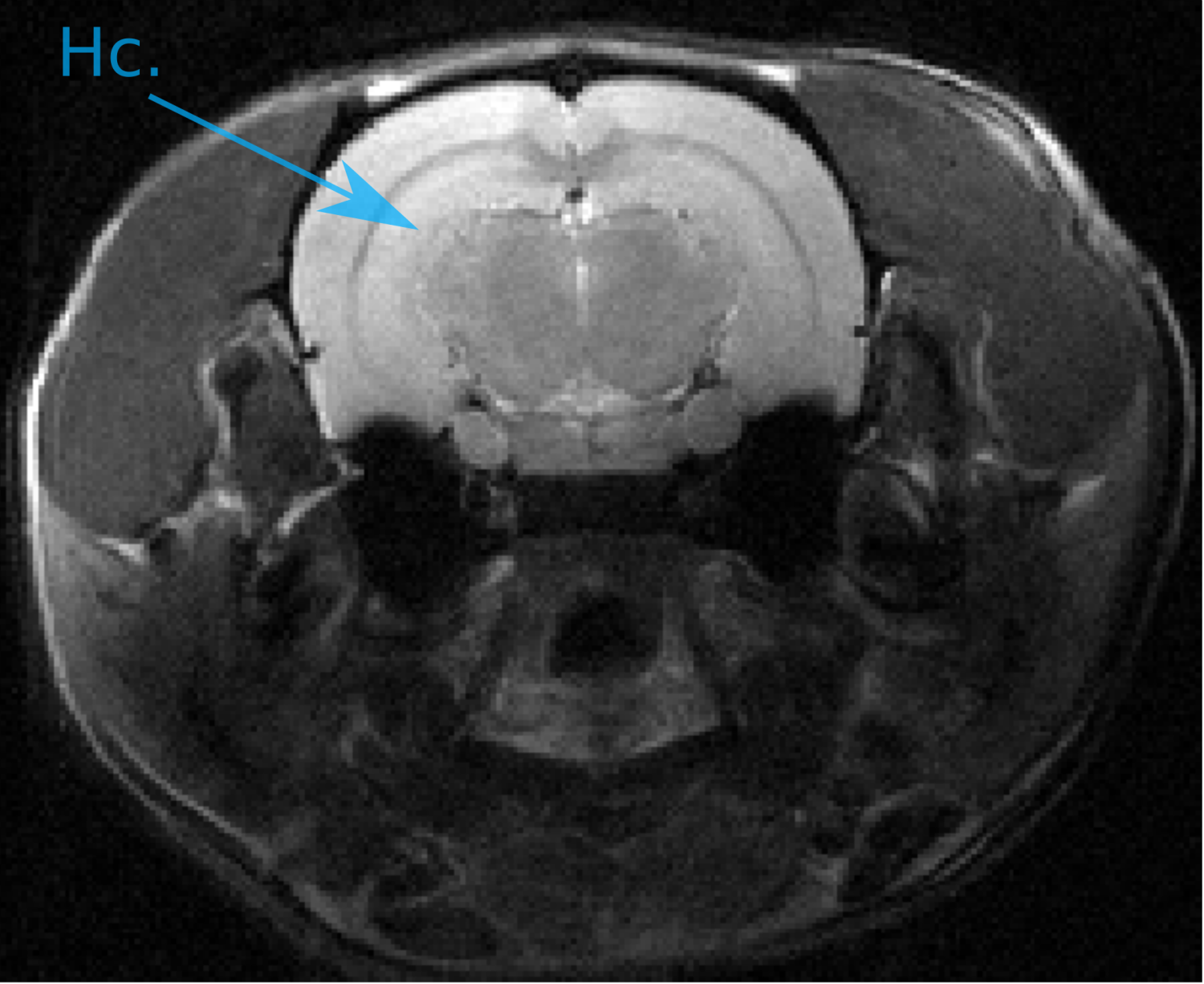
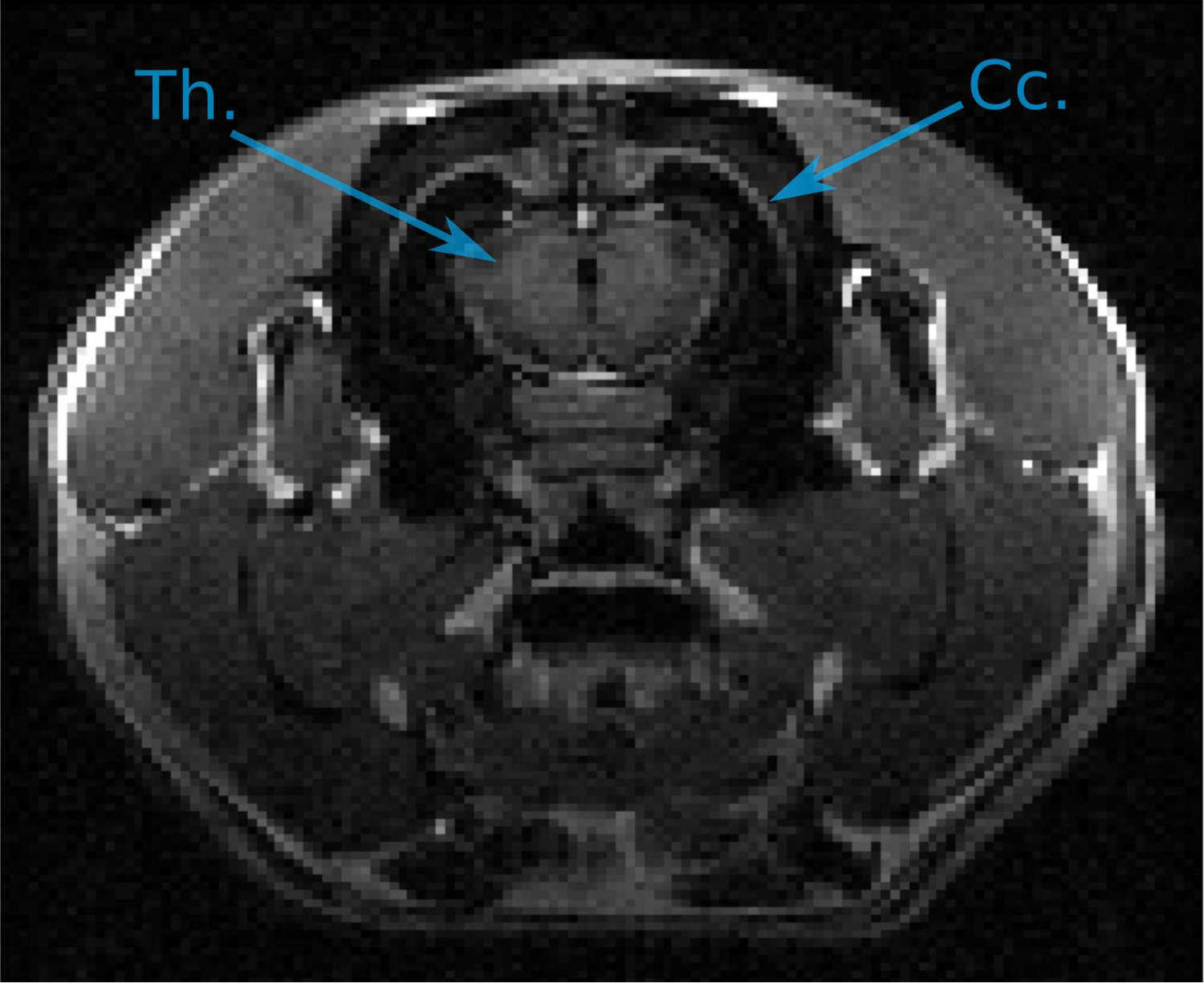
Phase control
Optimal control pulses can be used to encode various tissue characteristics into the NMR signal. As an example on Magnetic Resonance Elastography, tissue motion can be encoding in the phase of the NMR signal and used to visualize the propagation of a shear wave into the imaged tissue.
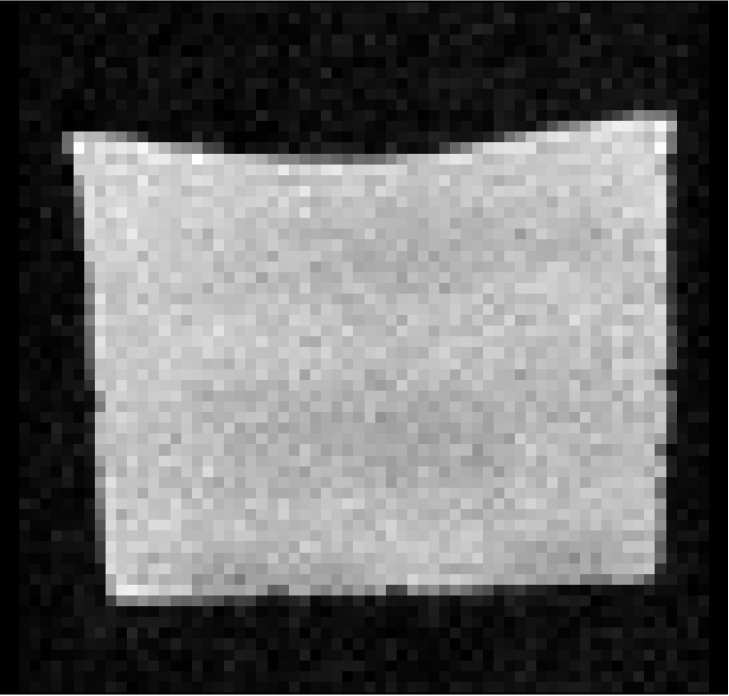

B1-robust Energy Efficient Excientation Pulses (BEEEP)
An alternative to adiabatic excitation is proposed in presence of large variations of B1 amplitudes. Using a regularized optimal control algorithm, B1-robust pulses are obtained, offering a significant advantage in terms of both required peak amplitude and energy deposition over adiabatic pulses (BIR-4 in this example).
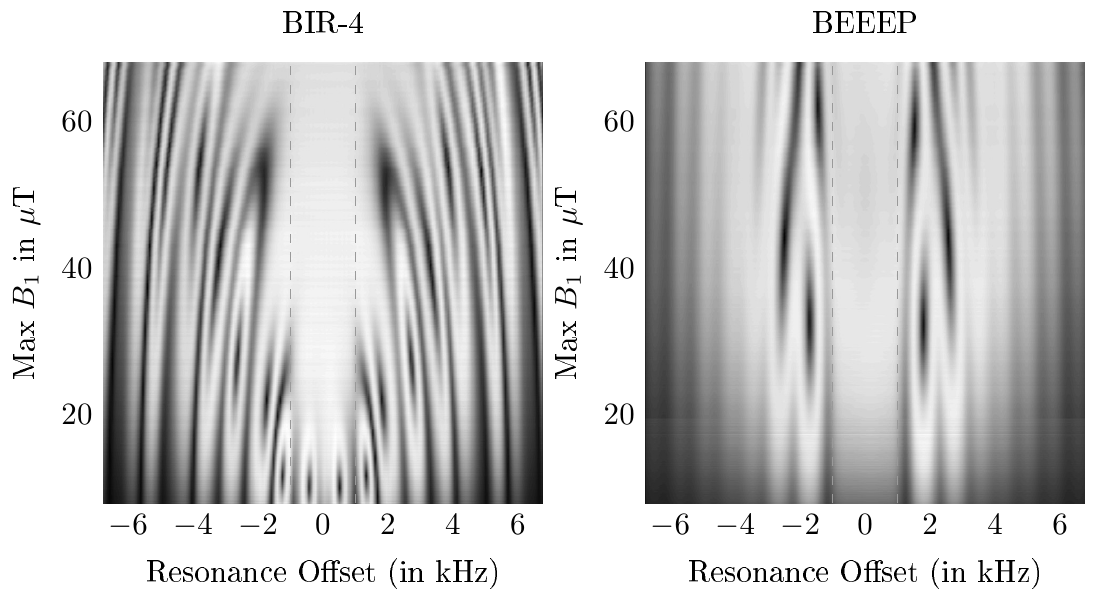
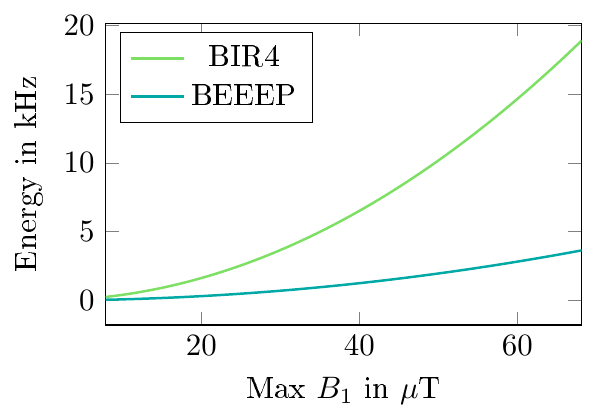
MRI super-resolution reconstruction
To be completed…
Supervision
PhD students
- Luis Amador, CREATIS (2023): MRI multi-contrast super-resolution reconstruction using variational approaches: application to cancer diagnosis
- Benoît Vernier, CREATIS (2019): Optimizing the contrast-to-noise ratio per unit of time of clinical MR sequences: an optimal control approach
- Chilla Venkata Naga Geetha Soujanya, NTU (2013): Improving prostate diffusion MR imaging with super resolution
Master students
- Lucas Thura (M2), CREATIS (2023): Optimization of low energy RF excitation for short T2 tissues
- Fernand Fort (M2), CREATS (2022): Slice to volume multi-modal registration for neurosurgery
- Hugo Gouttenegre (M1), CPE (2021): Super-resolution reconstruction of MRI volumes using variational approaches
- Benoît Stackler (M1), CPE (2020): Super-resolution reconstruction of MRI volumes using variational approaches
- Soukania Kanice (M2), CREATIS (2018): Developing B1-robust MR excitation pulses for homogeneous surface coil emission
- Anne-Lise Lebars (M2), CREATIS (2017): Developing B1-robust MR excitation pulses for homogeneous surface coil emission
- Grégoire Déry (M2), CREATIS (2016): Deformable multi-modal registration of reptile brain data
- Venkatesh Jakathe Prakruthi (M2), NTU (2013): Development of an interface for the visualization of 4D sequences
Publications
Teaching
CPE Lyon (~300h/year)
- Digital Signal Processing - L3
- Image Processing (segmentation, compression, morphology) - M1 & M2
- Computer vision (registration, calibration) - M2
- Magnetic Resonance Imaging - M2
- Image processing projects - M1 & M2
Other
- Polytech Lyon - Signal & Image processing (M1)
- INSA Lyon - Optimization (M1)
- NTU Singapore - Physics Lab (L1)